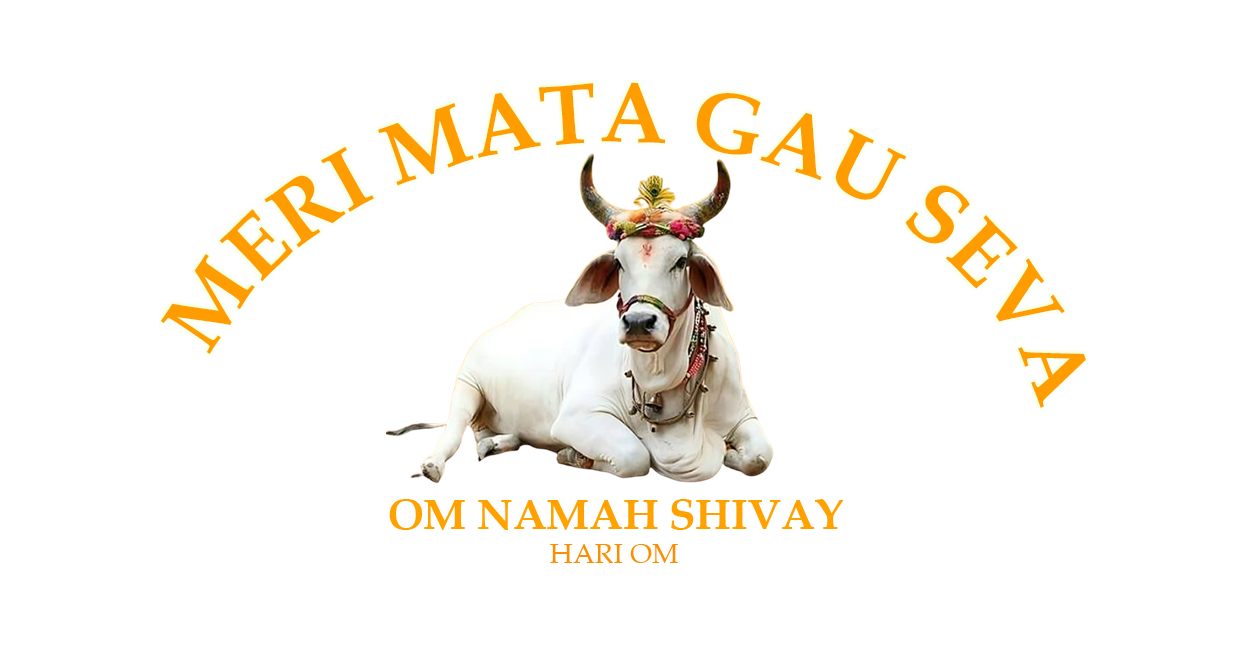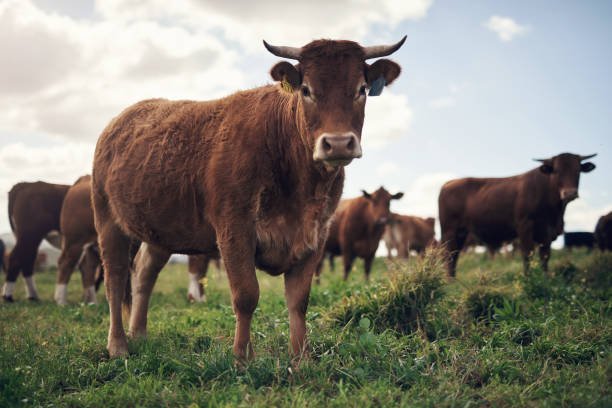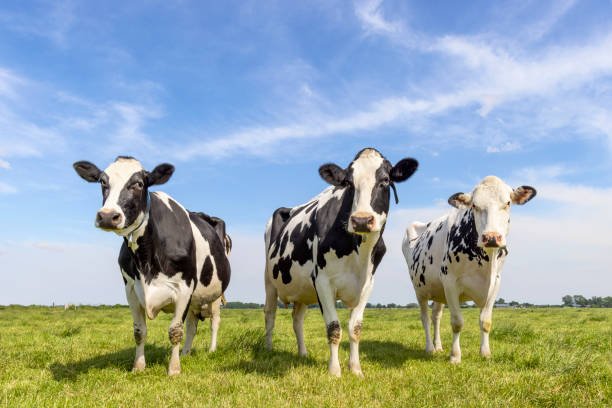In addition to their practical benefits, cows hold significant cultural and religious value in many societies. In Hinduism, for example, the cow is considered a sacred animal. Reverence for cows in Hindu culture can be seen in the tradition of not eating beef and the veneration of cows during religious festivals. Cows are also associated with abundance, nurturing, and fertility in various mythologies.
In many rural communities across the world, cows are symbols of wealth and prosperity. In some cultures, owning a large herd of cows signifies a person\'s social status and financial security. This association of cows with prosperity is deeply ingrained in the cultural fabric of societies that depend on livestock for sustenance and income.
The Role of Cows in the Environment
Cows also play a role in maintaining ecological balance. Their grazing habits help manage grasslands and prevent overgrowth, ensuring the survival of many plant species. However, this impact can be both positive and negative. While cows can help maintain healthy ecosystems, excessive grazing can lead to land degradation if not properly managed.
Moreover, the environmental impact of cows in terms of methane emissions has raised concerns in the context of climate change. Cattle are responsible for a significant amount of methane, a potent greenhouse gas, which is released during digestion. This has led to increased interest in sustainable farming practices and efforts to reduce the carbon footprint of livestock production.
Conclusion: A Future for Cows
Cows have been an indispensable part of human history, providing sustenance, labor, and cultural significance. While modern technology has reduced the reliance on cows for some tasks, they remain a vital component of agriculture and global food systems. As we move towards more sustainable farming methods and consider the environmental impact of livestock, cows will continue to be a focal point for conversation.
As we continue to evolve our relationship with the animal world, it\'s essential to balance our needs with the welfare of animals and the planet. Cows are not just creatures that provide us with milk and meat—they are part of our agricultural legacy, our cultures, and our shared history.





